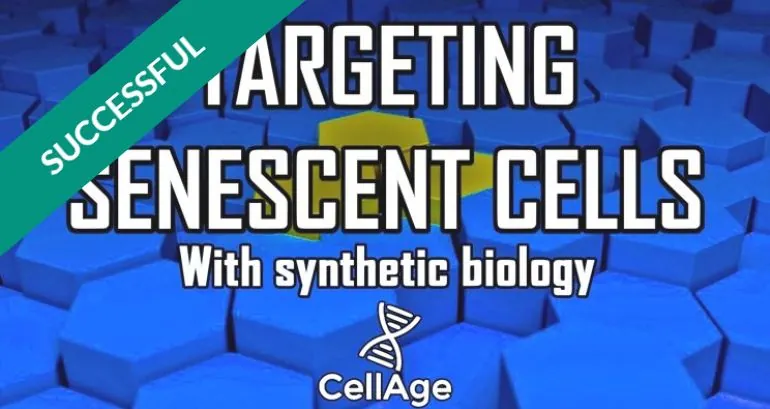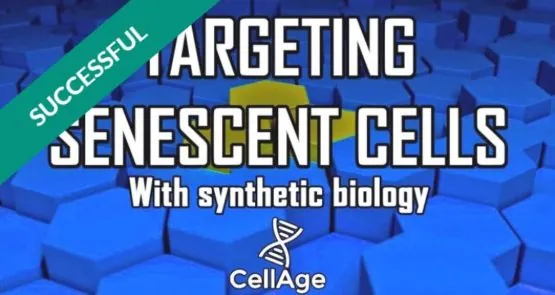Our society has never aged more rapidly; one of the most visible symptoms of our changing demographics is an exponential increase in the incidence of age-related diseases, including cancer, cardiovascular diseases and osteoarthritis.
Not only does aging have a negative effect on the quality of life among the elderly, it causes a significant financial strain on both private and public sectors. As the proportion of older people increases, so does health care spending.
According to a WHO analysis, the annual number of new cancer cases is projected to rise to 17 million by 2020 and reach 27 million by 2030. Similar trends are clearly visible in other age-related diseases, such as cardiovascular disease. Few effective treatments that address these challenges are currently available, and most of them focus on a single disease rather than adopting a more holistic approach to aging.
Recently, a new approach that has the potential to significantly alleviate these problems has been validated by a number of in vivo and in vitro studies. It has been demonstrated that senescent cells (cells that have ceased to replicate due to stress or replicative capacity exhaustion) are linked to many age-related diseases. Furthermore, removing senescent cells from mice has been recently shown to drastically increase mouse healthspan (the period of life free from serious diseases).
Here at CellAge, we are working hard to help translate these findings into humans!
CellAge, together with a leading synthetic biology partner, Synpromics, is poised to develop a technology allowing for the identification and removal of harmful senescent cells. Our breakthrough technology will benefit both the scientific community and the general public.
In short, CellAge is going to develop synthetic promoters that are specific to senescent cells, as promoters that are currently being used to track senescent cells are simply not good enough to be used in therapies. The most prominently used p16 gene promoter has a number of limitations, for example.
First, it is involved in cell cycle regulation, which poses a danger in targeting cells that are not dividing but not senescent either, such as quiescent stem cells.
Second, organism-wide administration of gene therapy might, at present, be too dangerous. This means that only senescent cells in specific organs might need to be targeted, and the p16 promoter does not provide this level of specificity.
Third, the p16 promoter is not active in all senescent cells. Thus, after therapies utilizing this promoter, a proportion of senescent cells would still remain. Moreover, the p16 promoter is relatively large (2.1kb), making it difficult to incorporate into current gene therapy vehicles.
Finally, the p16 promoter might not be strong enough to achieve the intended therapeutic effect.
CellAge will be constructing a synthetic promoter that has the potential to overcome all of these limitations. A number of gene therapy companies, including uniQure, AGTC, and Avalanche Biotech, have successfully targeted other types of cells using this technology. With your help, we will be able to use the same technology to develop tools and therapies for accurate senescent cell targeting.



